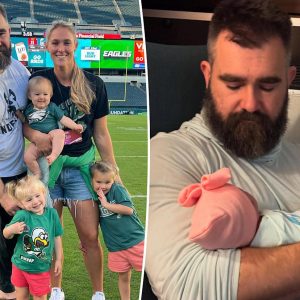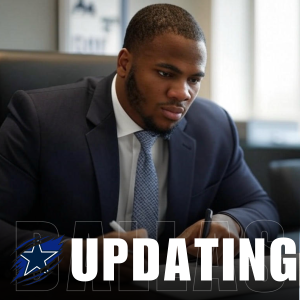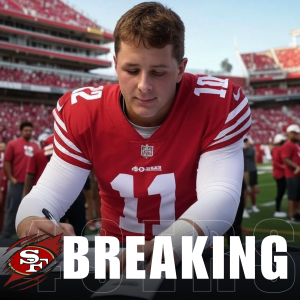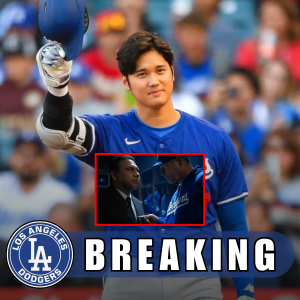The Diontae Johnson saga was one of the biggest storylines surrounding the Baltimore Ravens this season, and quite frankly, an extremely exhausting storyline.
Johnson first arrived in Baltimore via a trade with the Carolina Panthers on October 29, with the idea that he would form a solid wide receiver trio with Zay Flowers and Rashod Bateman. Right away, though, it became clear that something was off, as he logged just 39 offensive snaps with only one reception for six yards in his first four games.

Tensions were building behind the scenes, and ultimately reached a breaking point when Johnson refused to enter a game against the Philadelphia Eagles on Dec. 1 despite Bateman dealing with injury. That stunt earned him a one-game suspension, and soon after, the Ravens placed him on waivers.
That would be the end of the story, but there’s an epilogue.
After Johnson’s very brief stint with the Houston Texans, the Ravens actually reclaimed him on waivers on Jan. 15. As Baltimore was in the midst of its playoff run, Johnson was not eligible to play for the rest of the season.
However, that was all part of the plan, as general manager Eric DeCosta eloquently explained in an interview with The Ringer’s Todd McShay.
“People were like, ‘What the hell are the Ravens doing? They cut the guy. He goes to Houston and gets cut, and the Ravens claim him. He can’t play for anybody now,'” DeCosta said. “Well, we did that because there’s a small chance that he signs a contract for more than $2.5 million, and if he does that, he qualifies for a comp [compensatory] pick.
“So those are the things that really motivate me. How do we gain a small advantage? How do we gain a big advantage? You can go get Derrick Henry, you get a huge advantage. For me, part of the excitement is, how do we just keep getting all these small advantages that roll into something big?”
The Ravens are the undisputed masters of the compensatory pick game. They’ve had a league-high 59 of them since they entered the league in 1996, per Over The Cap. That’s just from players leaving, not counting those they received due to coaches leaving under 2020 Resolution JC-2A.
Baltimore is projected to receive the maximum four compensatory picks in this year’s draft: a fourth-round pick from Patrick Queen leaving, two fifth-round picks from Jadeveon Clowney and Geno Stone and a sixth-round pick from Kevin Zeitler. If the Ravens do receive a compensatory pick for Johnson, it would be in the 2026 NFL Draft and its placement would depend on his average annual salary on his new deal.
Some may criticize the approach of claiming a player with the sole intention of letting him go weeks later, but it’s clear DeCosta and co. know how to take advantage of the rules.





